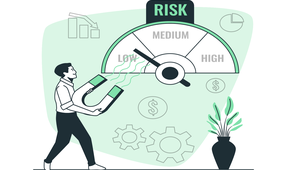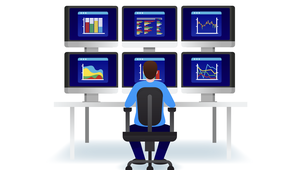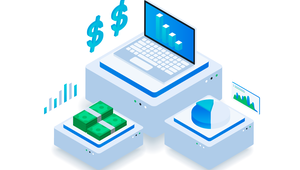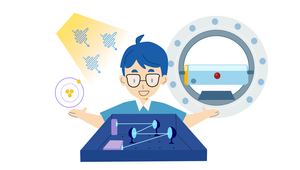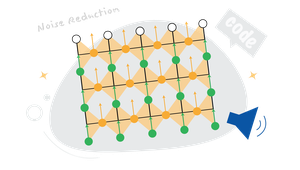
Subjects
Related courses

Welcome to Quantum Mechanics I

Why are there intrinsic probabilities for quantum event and how we get them from the quantum formalism? How do we describe quantum systems and how do we deal with their physical properties?
The National Quantum Computing Hub
Beginner
Everyone
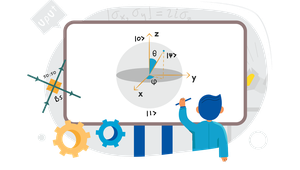
Welcome to Quantum Mechanics II

In the second introductory course, we explore further two-qubit state space and entanglement. The concept of indistinguishability of fundamental particles are also discussed.
The National Quantum Computing Hub
Beginner
Everyone

Impossible Machines in Quantum Mechanics

In this course, we talk about four quantum machines that are impossible to build. We give a simple proof to one of them and show how they other three can be proven by induction.
The National Quantum Computing Hub
Intermediate
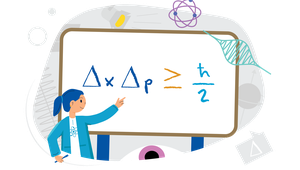
Uncertainty Relations

In this course, we give a more in-depth account of the uncertainty relations by discussing different types of uncertainties and how these uncertainty relations are related.
The National Quantum Computing Hub
Intermediate
Advanced

Introduction to Quantum Information

This course is to communicate a basic understanding of the key concepts in quantum information and computing, to understand how these concepts come about and their consequences.
The National Quantum Computing Hub
Beginner
Everyone
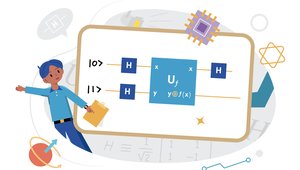
Introduction to Quantum Computing

In this course, we introduce basic notions of quantum computing. Single-qubit and two-qubit gates are studied in details, followed by Deutsch, Deutsch-Jozsa, and Grover algorithms and teleportation.
The National Quantum Computing Hub
Beginner

Introduction to Quantum Phase Transition

In this course, beginning with a brief recap of thermal phase transition, we explain what is a quantum phase transition. We then illustrate the concept with an example of a linear chain of particles.
The National Quantum Computing Hub
Beginner
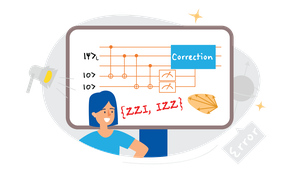
Quantum Error Correction

This is a course on introduction to quantum error correction.
The National Quantum Computing Hub
Beginner
Pagination
Related Videos
Pagination
